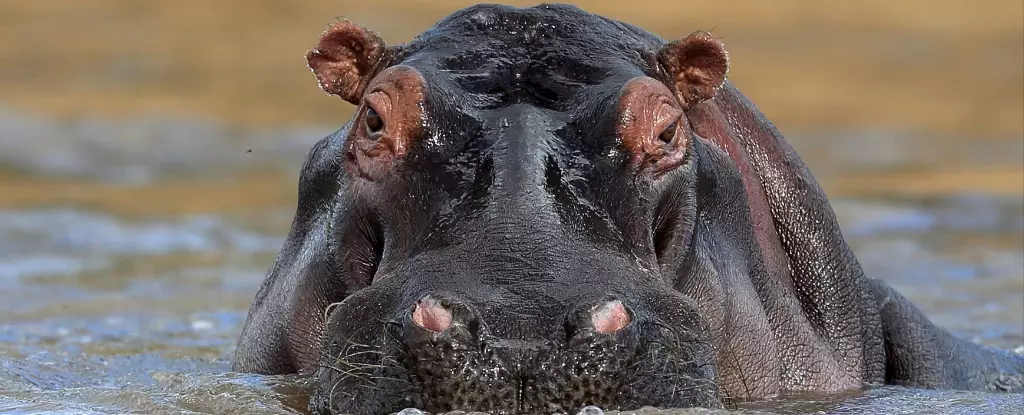In a tragic recent event that underscores the fragility of our natural world, approximately 50 hippos have succumbed to anthrax in Virunga National Park, a jewel of biodiversity in the Democratic Republic of Congo. This alarming incident is not just a wildlife tragedy; it is a reminder of the broader implications of ecological imbalance and human interference in nature. The disease, caused by the spore-forming bacterium Bacillus anthracis, poses a dual threat—not only to wildlife but also to human health, revealing the intricate web of life that we often take for granted.
Historical Context: A Long Fight Against Nature’s Wrath
Virunga is Africa’s oldest national park, having been established in 1925, and it is a sanctuary for the continent’s rich wildlife, notably the endangered mountain gorillas. However, the park’s beauty is marred by a grim reality: the eastern DRC has been a battleground of conflict for three decades, which has not only devastated human communities but has also severely impacted wildlife management efforts. It’s ironic and heartbreaking that in a place renowned for its natural splendor, the cycle of violence and neglect means that anthrax’s deadly spores can survive for decades in the soil, waiting for the right conditions to unleash their horror once more.
Humanity’s Role in Nature’s Balance
The Congolese Institute for Nature Conservation (ICCN) has recommended precautionary measures, advising locals to avoid bushmeat consumption, acknowledging the potential human health risks posed by the outbreak. This kind of advice, however, smacks of urgency born from necessity rather than a proactive approach to wildlife and human health. It raises questions about the government’s actions to ensure that these kinds of outbreaks are prevented before lives are lost. The interplay between human activity and wildlife health is intricate, and much responsibility lies with us to fluidly rethink our relationship with nature. Are we witnessing a failure to protect both the environment and human populations from the repercussions of a dwindling ecosystem?
The Need for a Compassionate Response
This crisis calls for a compassionate and inclusive response that acknowledges the rights and needs of both human and animal populations. Without swift and decisive action, we risk not only losing these spectacular creatures but also perpetuating a cycle of tragedy wherein local communities suffer from the consequences of a disrupted ecological balance. There is a profound need for international support and investment in wildlife conservation, coupled with robust public health measures that protect human populations alongside endangered species.
The Ripple Effects of Inaction
As the immediate future remains uncertain for the hippos of Virunga, the event serves as a cautionary tale. The ramifications of ecological neglect extend far beyond that of the hippos floating lifeless in the river; they echo through disturbed ecosystems, impoverished communities, and ultimately, into the fabric of our global health. To avert future outbreaks, we must prioritize ecological integrity and human coexistence as inseparable realities. The fight against anthrax in Virunga may just be the tip of an iceberg threatening our intertwined existence with nature—a crisis that demands immediate recognition and action from all of us.


Leave a Reply